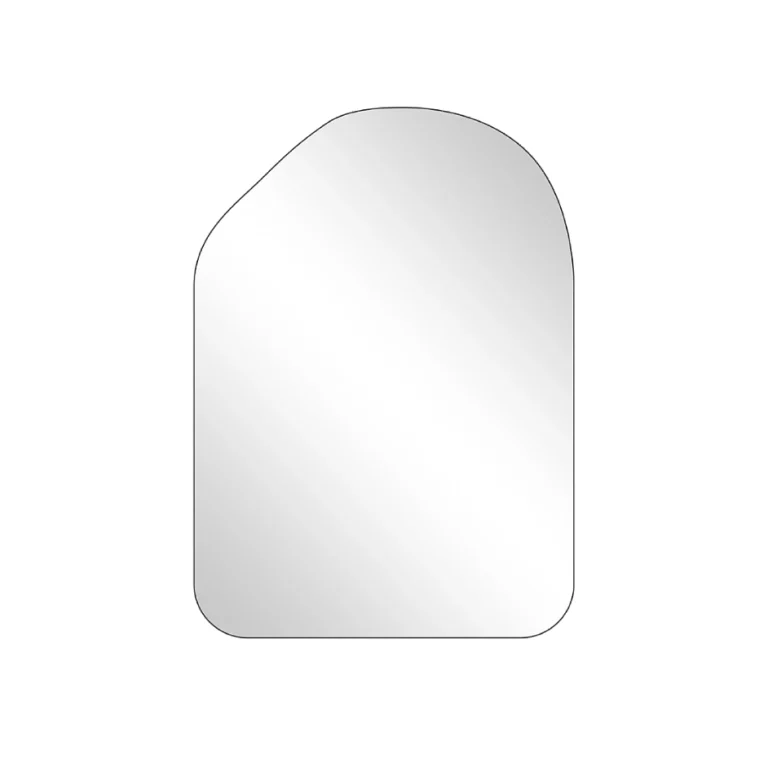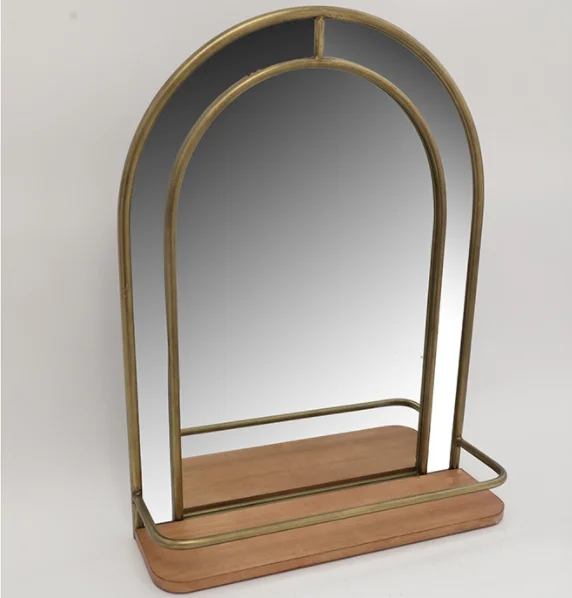Professional salon mirrors
Of course. Professional salon mirrors are a critical piece of equipment, directly impacting the quality of the stylist’s work, client communication, and the overall salon experience. They are far more than just simple reflective glass.
Here’s a comprehensive guide to professional salon mirrors, covering types, key features, and considerations for purchase.
1. Primary Types of Salon Mirrors
A. Station Mirrors (or Console Mirrors)
These are the most common mirrors found at each stylist’s station. They are typically mounted on the wall or, more commonly, sit on the station console itself.
-
Features:
-
Tilting (Swivel) Mechanism: The most crucial feature. Allows the stylist to adjust the angle for clients of different heights and for the client to view the back of their hair.
-
Double-Sided: Often feature a standard reflection on one side and a magnifying side (5x, 10x magnification) on the other for detailed work like coloring, tweezing, or makeup application.
-
Built-In Lighting: Many modern station mirrors include LED strips around the perimeter to provide perfect, shadow-free, color-accurate lighting.
-
B. Wall-Mounted Mirrors
These are large mirrors, often spanning a significant portion of a wall, used in common areas.
-
Features:
-
Large Size: Used to make the space feel larger, brighter, and more open.
-
Fixed or Tilting: Can be fixed flat against the wall or have a tilting mechanism for flexibility.
-
Decorative Frames: Often feature stylish frames that contribute to the salon’s overall aesthetic and branding.
-
C. Freestanding / Floor Mirrors
These are movable mirrors on a stable base, often used for styling consultations or in areas where wall mounting isn’t possible.
-
Features:
-
Portability: Can be easily moved around the salon.
-
Full-Length View: Allows clients to see their entire outfit and hairstyle from head to toe.
-
Tilting Function: Most can tilt and swivel for optimal viewing angles.
-
D. Handheld Mirrors
Small, dual-sided (regular and magnifying) mirrors used by stylists to show clients the back and sides of their hair.
-
Features:
-
Essential Tool: No salon station is complete without one.
-
Dual-Sided: Always has a magnified side.
-
Lightweight: Easy for the stylist to hold and maneuver.
-
2. Key Features to Consider When Buying
-
Lighting (The Most Important Modern Feature):
-
LED Technology: This is the industry standard. Look for mirrors with LED strips.
-
Color Rendering Index (CRI): A measure of how accurately light reveals the true color of objects. For salons, a CRI of 90+ is essential to ensure hair color, makeup, and skin tones look natural and true-to-life. Avoid mirrors with low CRI, as they can cast strange color tones.
-
Color Temperature: Measured in Kelvin (K). Around 5000K is ideal—this is a clean, neutral white light that simulates daylight without being too harsh or too yellow.
-
Dimmability: Allows for adjusting the light intensity for client comfort and different tasks.
-
-
Magnification:
-
Standard Options: 1x (normal), 3x, 5x, 7x, 10x.
-
Recommendation: A 5x magnification is the most popular and versatile choice for detail work. 10x can be too intense for some clients, magnifying pores and skin details they may be sensitive about.
-
-
Build Quality and Materials:
-
Glass Quality: Must be first-quality, distortion-free glass. Any warping is unacceptable in a professional setting.
-
Frame Material: Common materials include aluminum (lightweight, modern), stainless steel (durable, easy to clean), and acrylic (lightweight, various colors). Choose one that matches your salon’s decor.
-
Base/Stability: For station mirrors, the base must be heavy and wide enough to prevent tipping. A rubberized foot adds grip and protects the countertop.
-
-
Swivel and Tilt Mechanism:
-
The mechanism should be smooth and sturdy, allowing for easy adjustment without being loose or wobbly. It should hold its position firmly once set.
-
-
Power Source:
-
Plug-in vs. Rechargeable: Plug-in models are reliable but require managing cords. Rechargeable (USB or internal battery) models offer cord-free cleanliness but need to be charged regularly.
-
3. Top Brands and Price Range
-
Premium Brands: Brands like Pibbs, Takara Belmont, and Virtue are known for high-end, durable, and technologically advanced mirrors. (e.g., $200 – $500+ per station mirror)
-
Mid-Range & Value Brands: Many reliable brands offer excellent quality with great features at a more accessible price point. Look at Jerdon, Ciment, and Caeble. (e.g., $100 – $300 per station mirror)
-
Retail/Specialty Brands: Companies like Simple Human make high-CRI lighted mirrors that are sometimes used in more boutique salon settings.
4. Salon Mirror Checklist Before You Buy
-
Lighting: Does it have high-CRI (90+) LED lighting?
-
Color Temperature: Is it around 5000K (natural white)?
-
Magnification: Is 5x magnification available on the reverse side?
-
Swivel/Tilt: Does the mechanism move smoothly and hold its position?
-
Stability: Is the base wide and heavy enough to not tip easily?
-
Cord Management: If plug-in, is the cord long enough? Is there a tidy way to manage it?
-
Aesthetics: Does the style and frame color fit my salon’s theme?
-
Warranty: What is the manufacturer’s warranty? (A good sign of quality is a 1-2 year warranty).
Conclusion
Investing in high-quality professional salon mirrors is an investment in your stylists’ precision and your clients’ satisfaction. A well-lit, clear, and adjustable mirror is a non-negotiable tool that ensures everyone sees the best possible results, leading to happier clients and more repeat business.
Focus on lighting quality (CRI) above all else, as it has the single biggest impact on the accuracy of the work being done and perceived.
Generally speaking, our order requirements are as follows: the minimum order quantity (MOQ) for large items is 50 pieces, for regular items it is 100 pieces, for small items it is 500 pieces, and for very small items (such as ceramic decorations) the MOQ is 1,000 pieces. Orders exceeding $100,000 will receive a 5% discount. The delivery timeline is determined based on the specific order quantity and production schedule. Typically, we are able to complete delivery within two months.
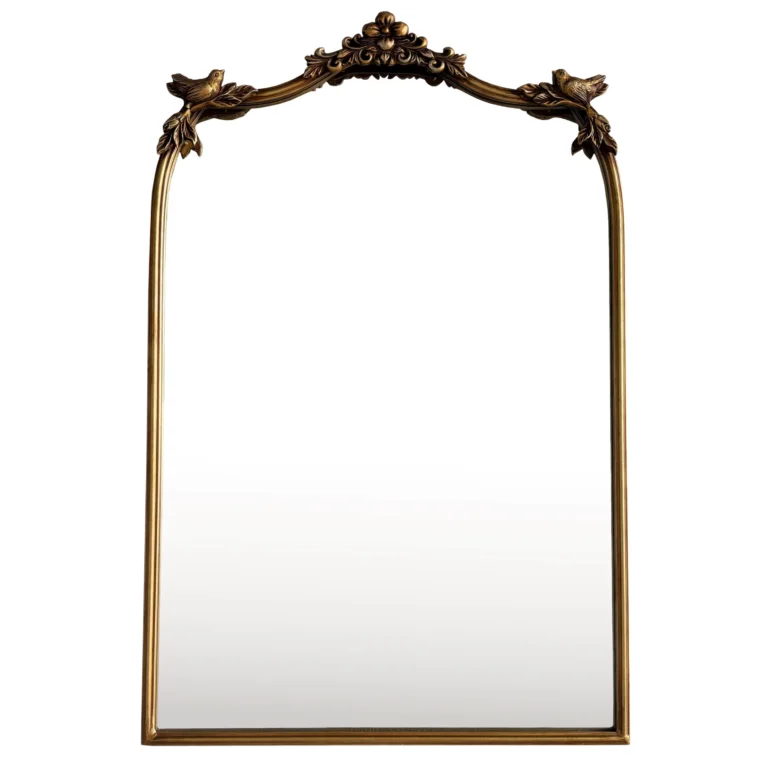
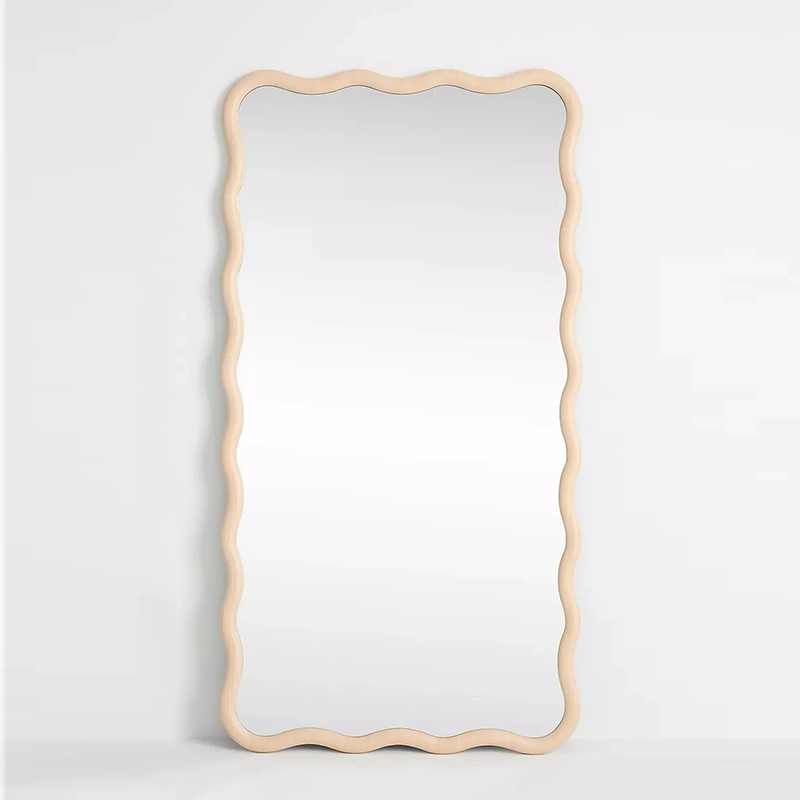
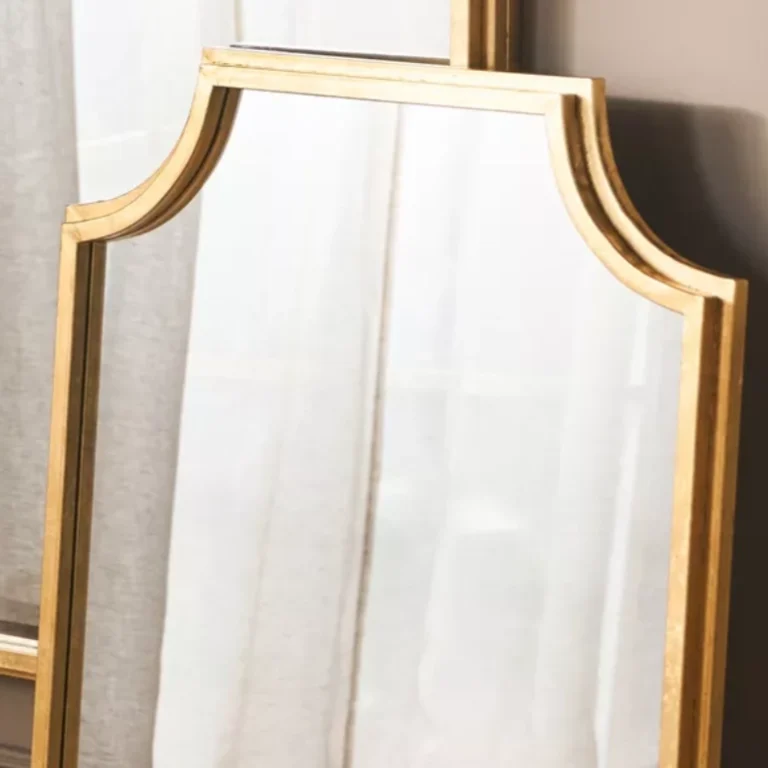
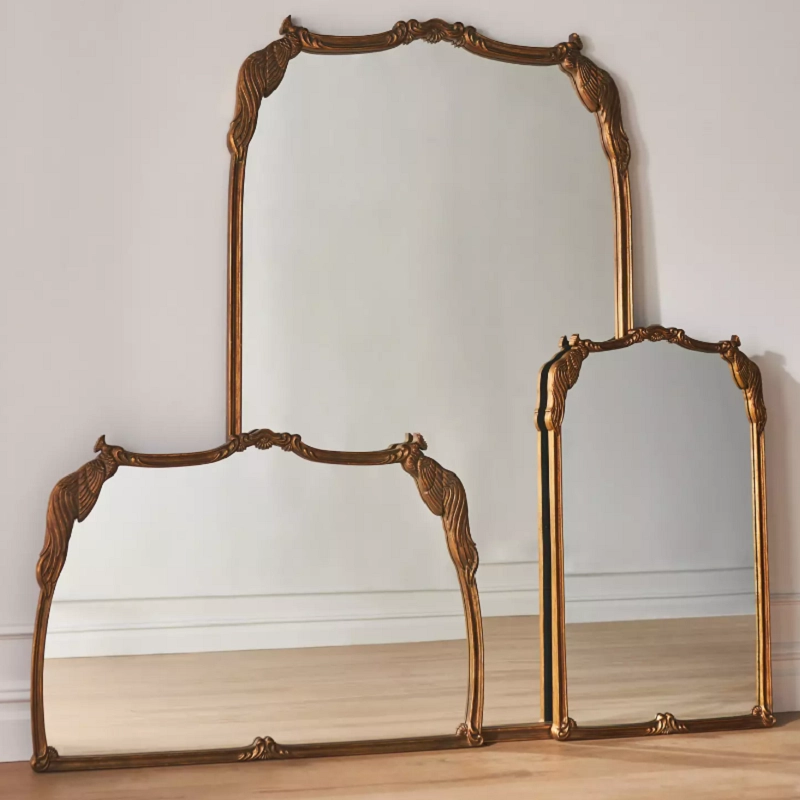
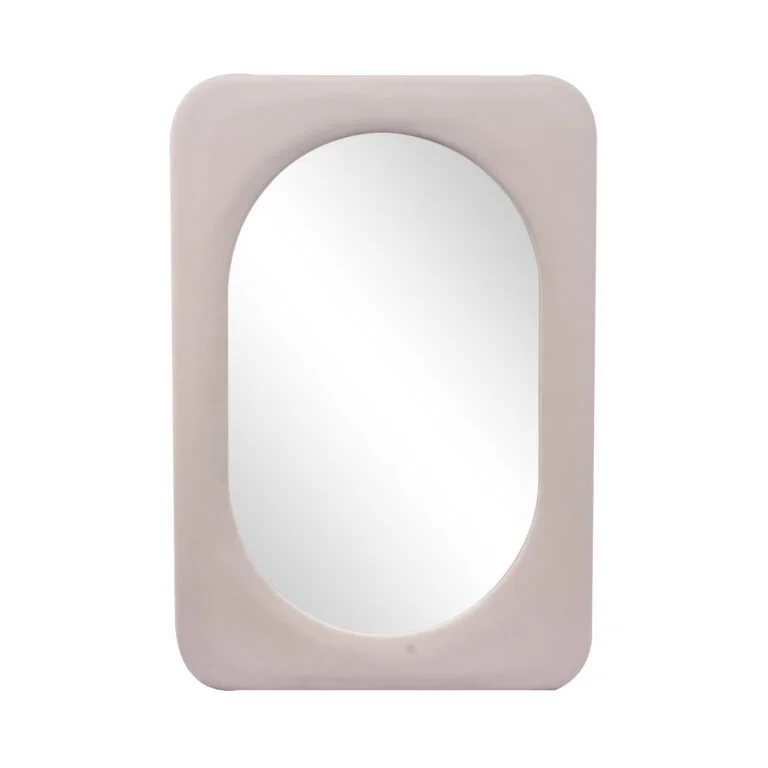
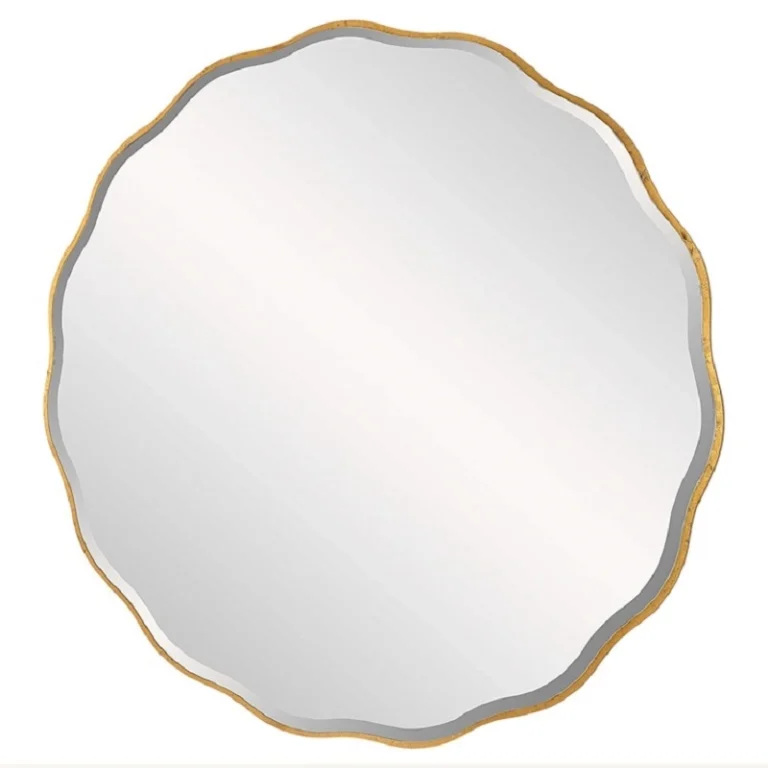
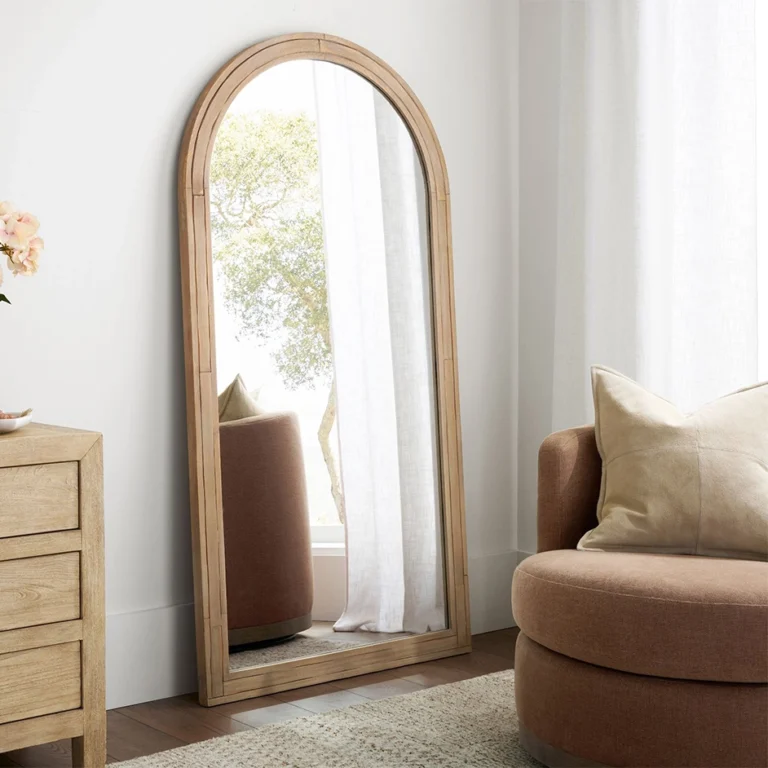
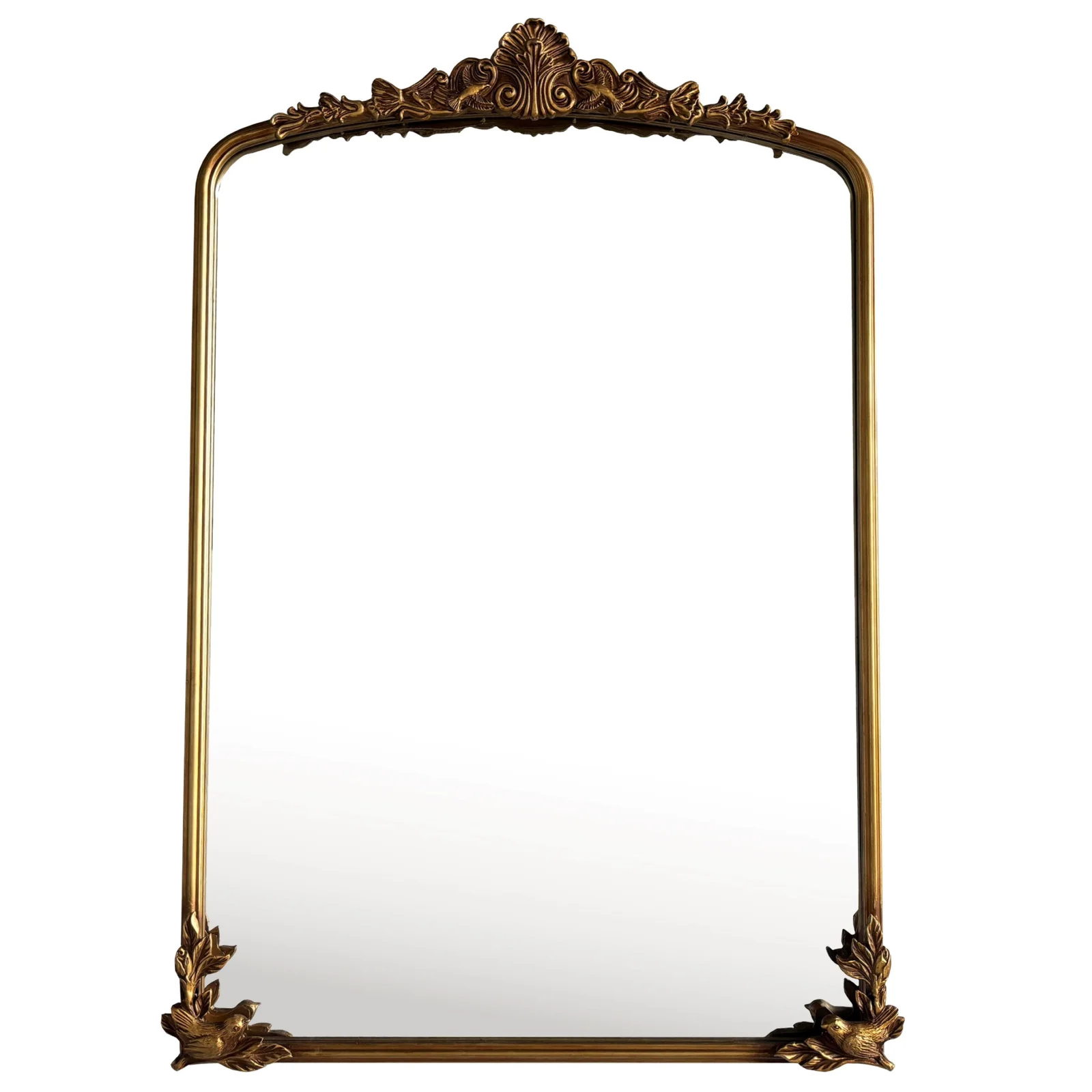
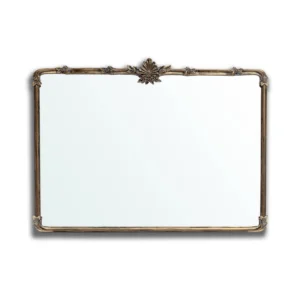
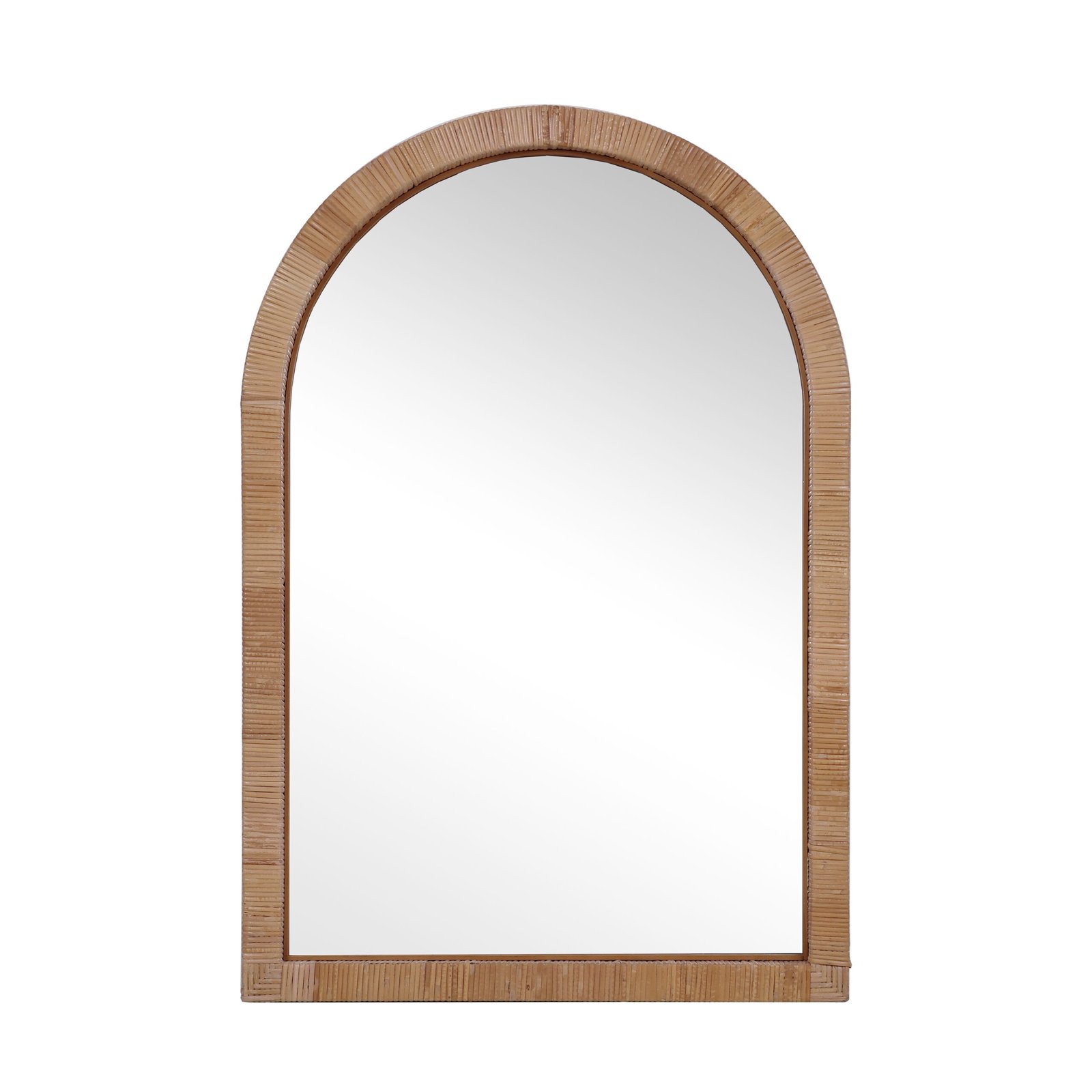
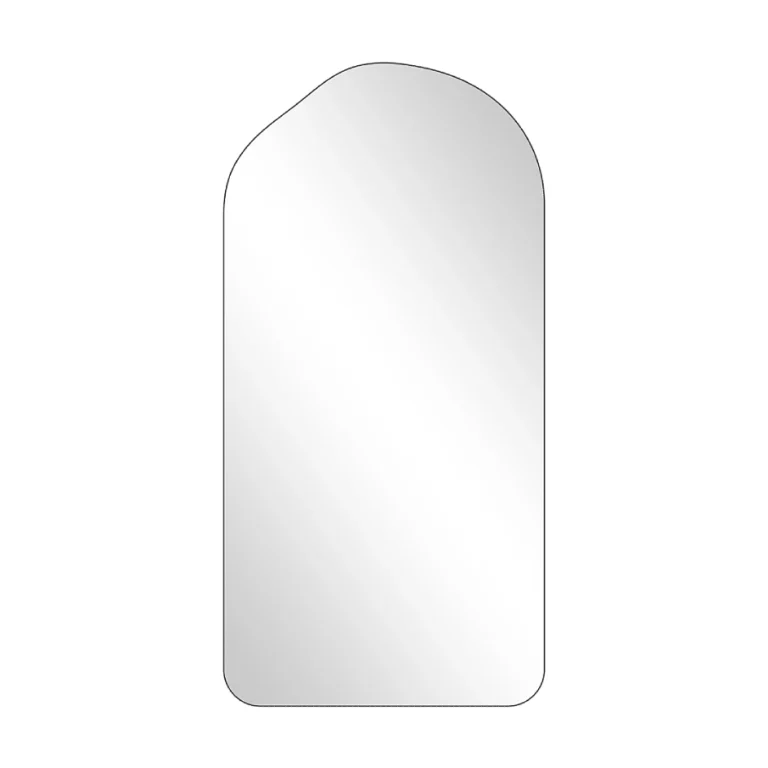
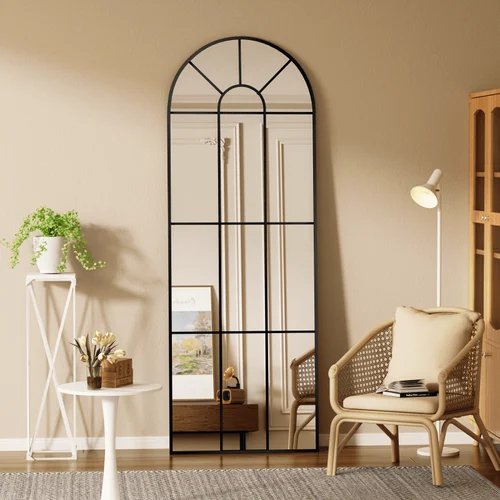
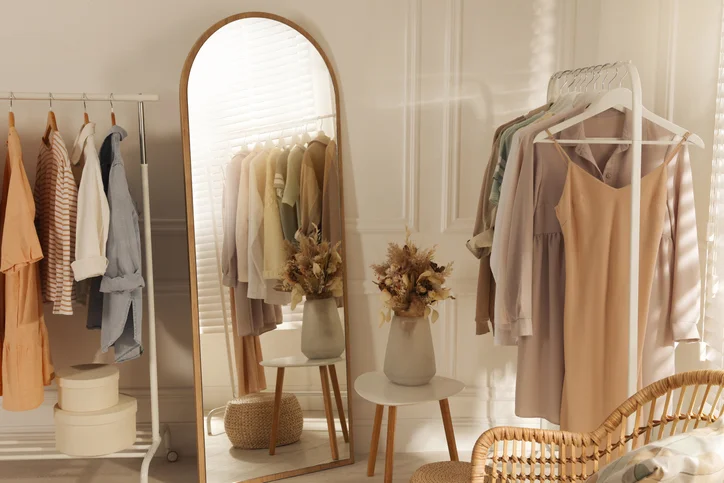
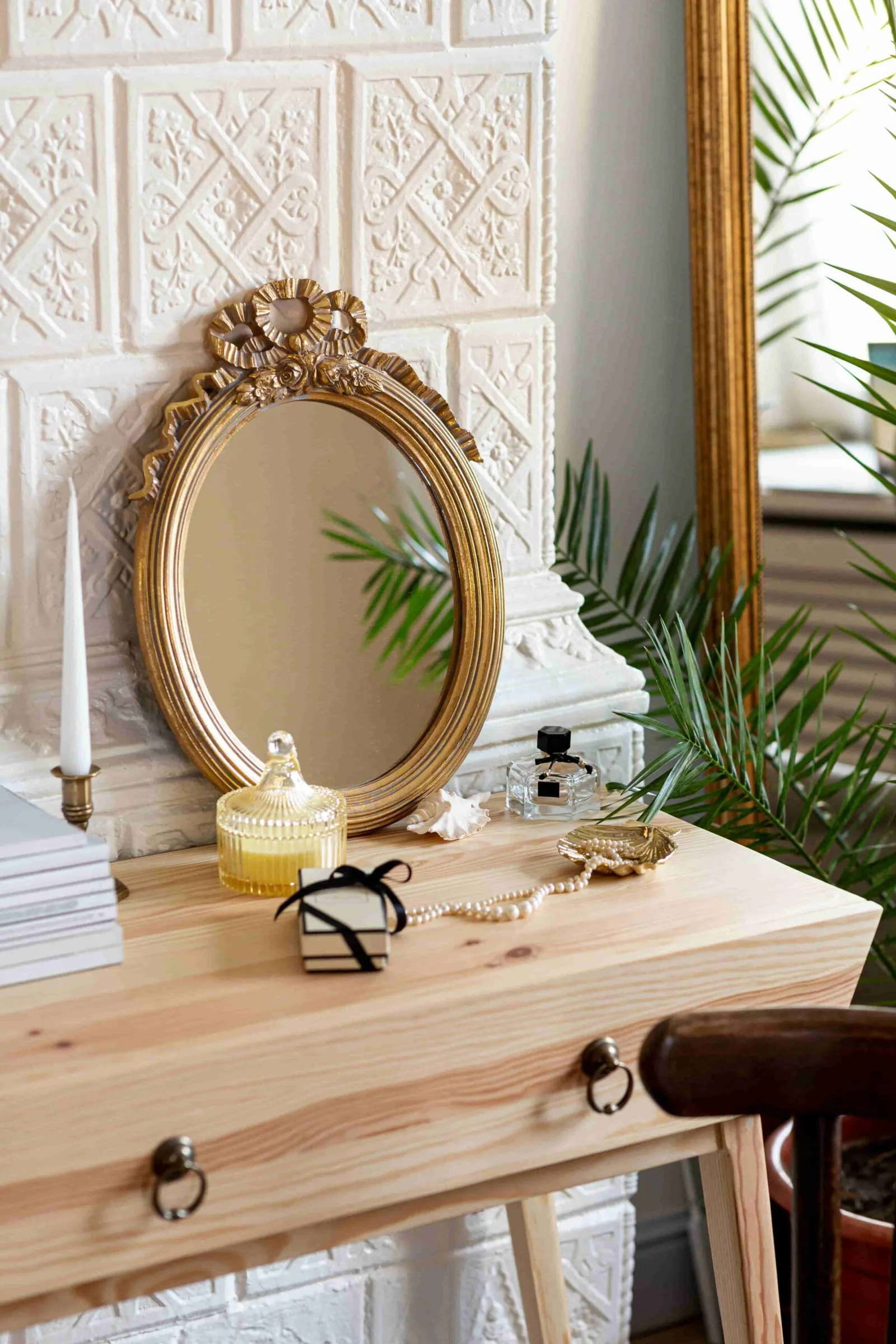
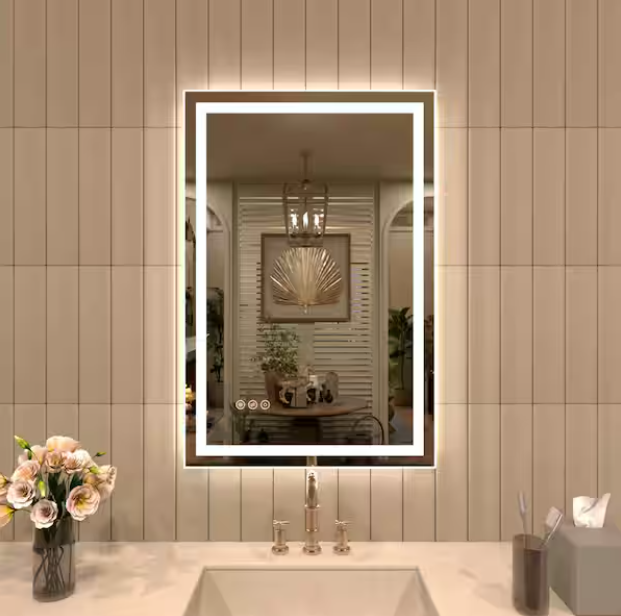
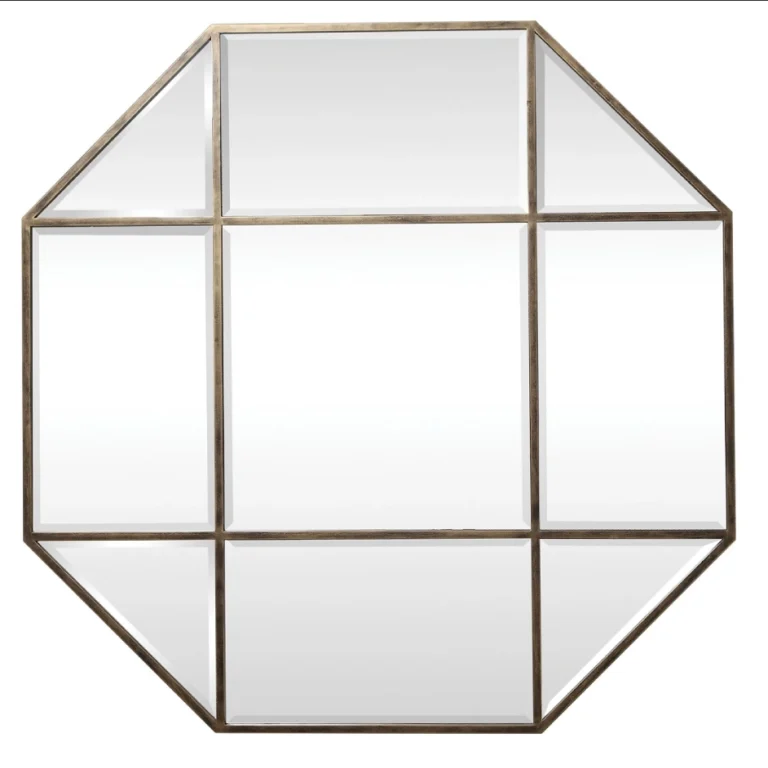

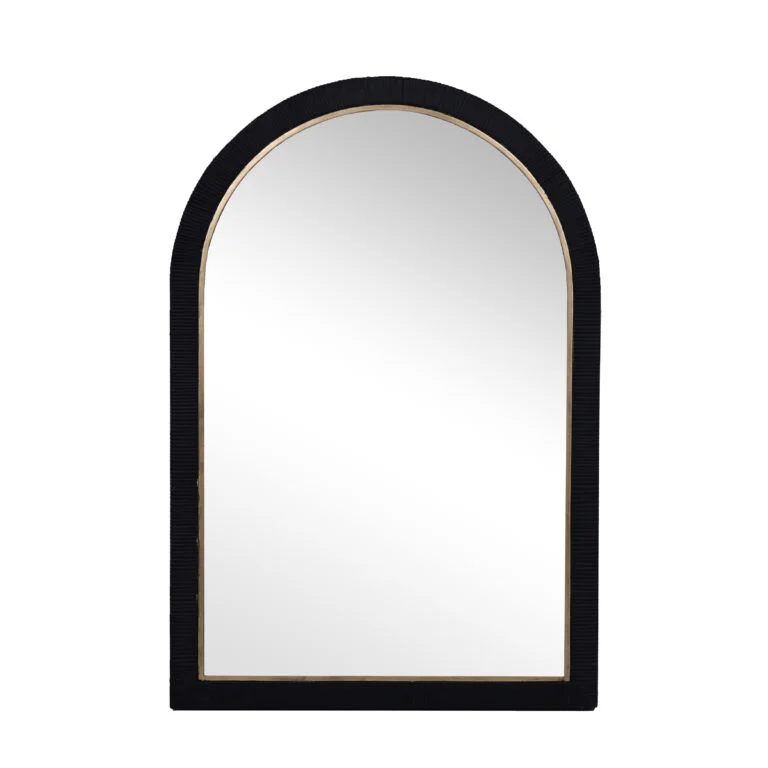
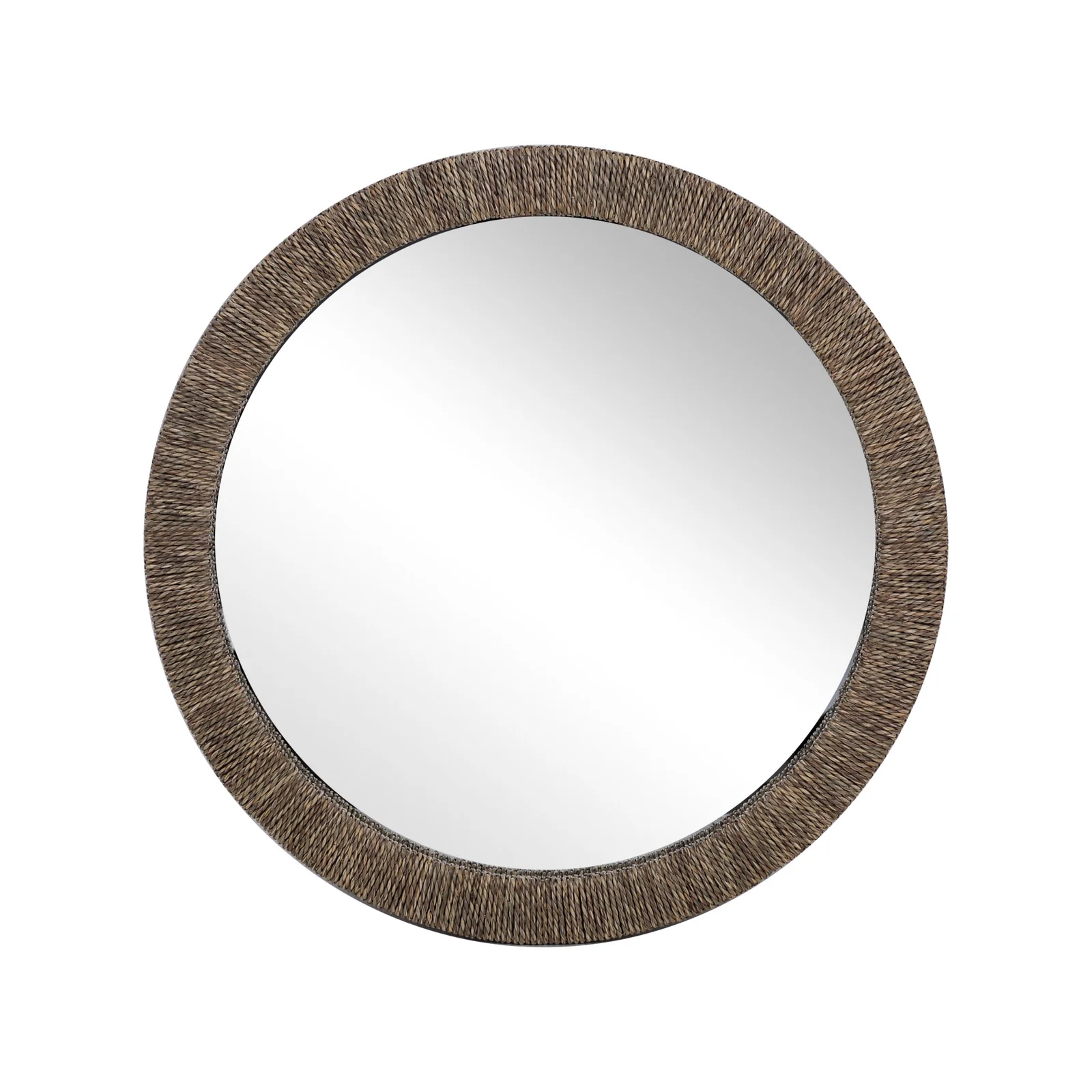

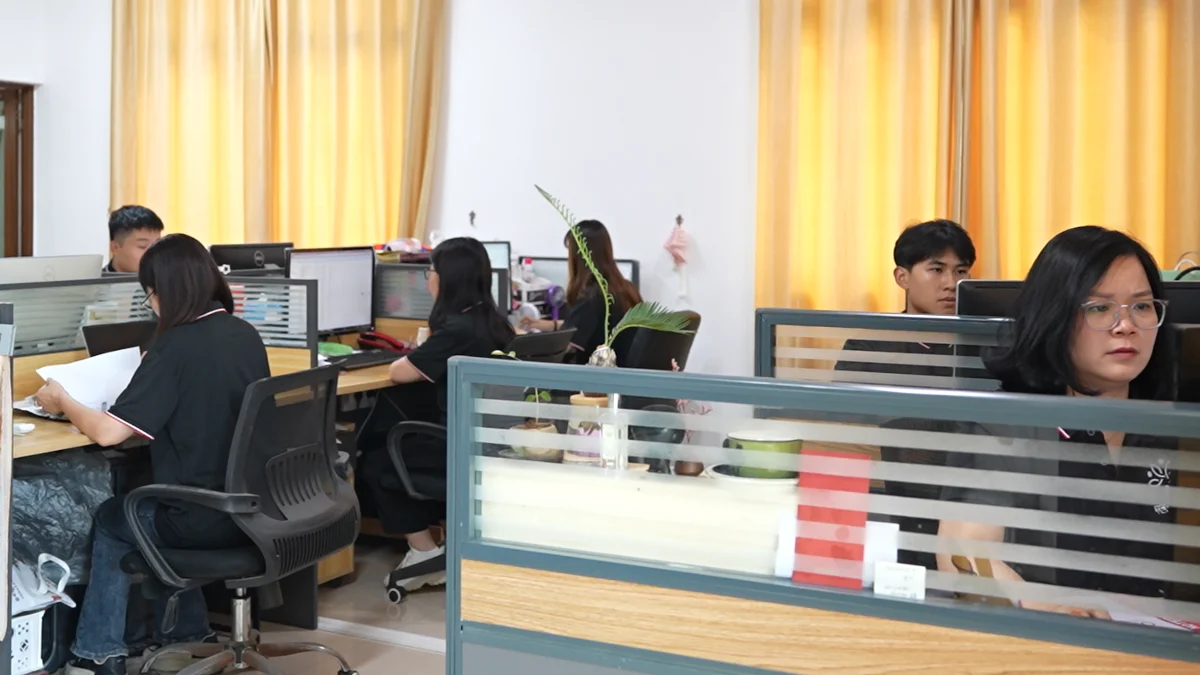

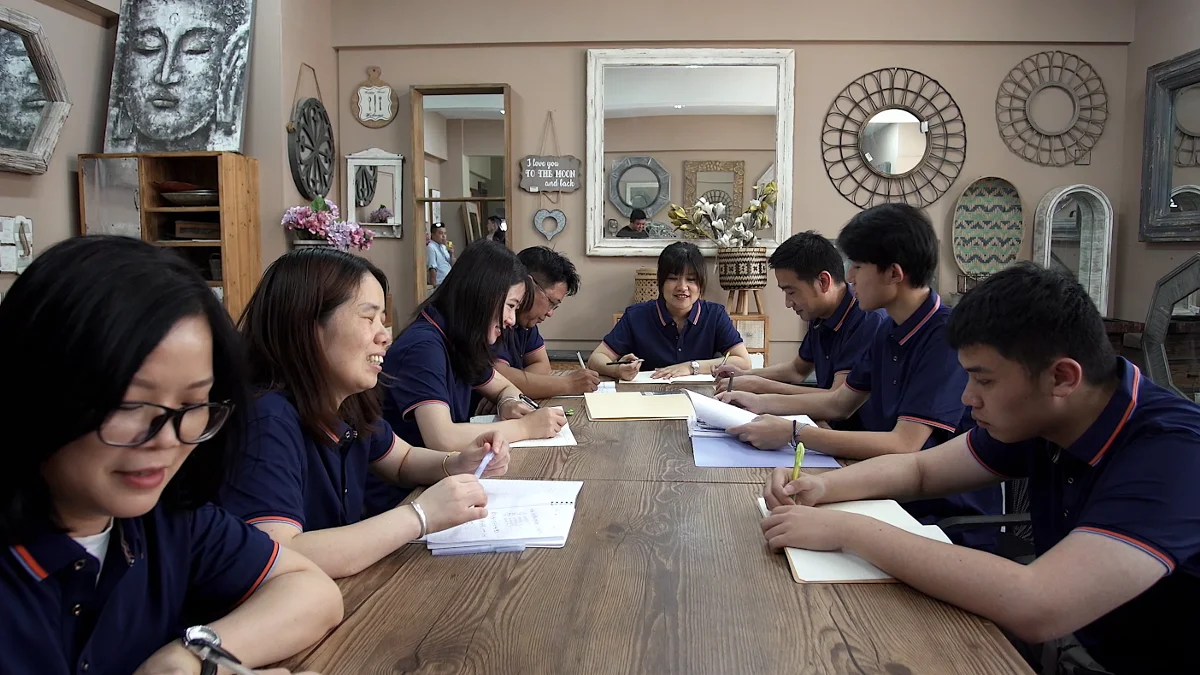
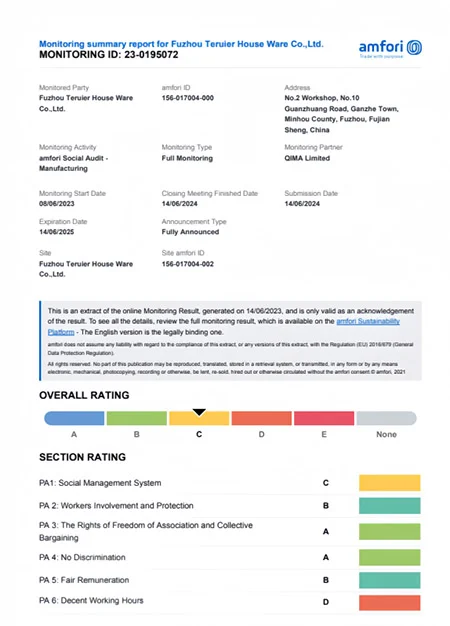
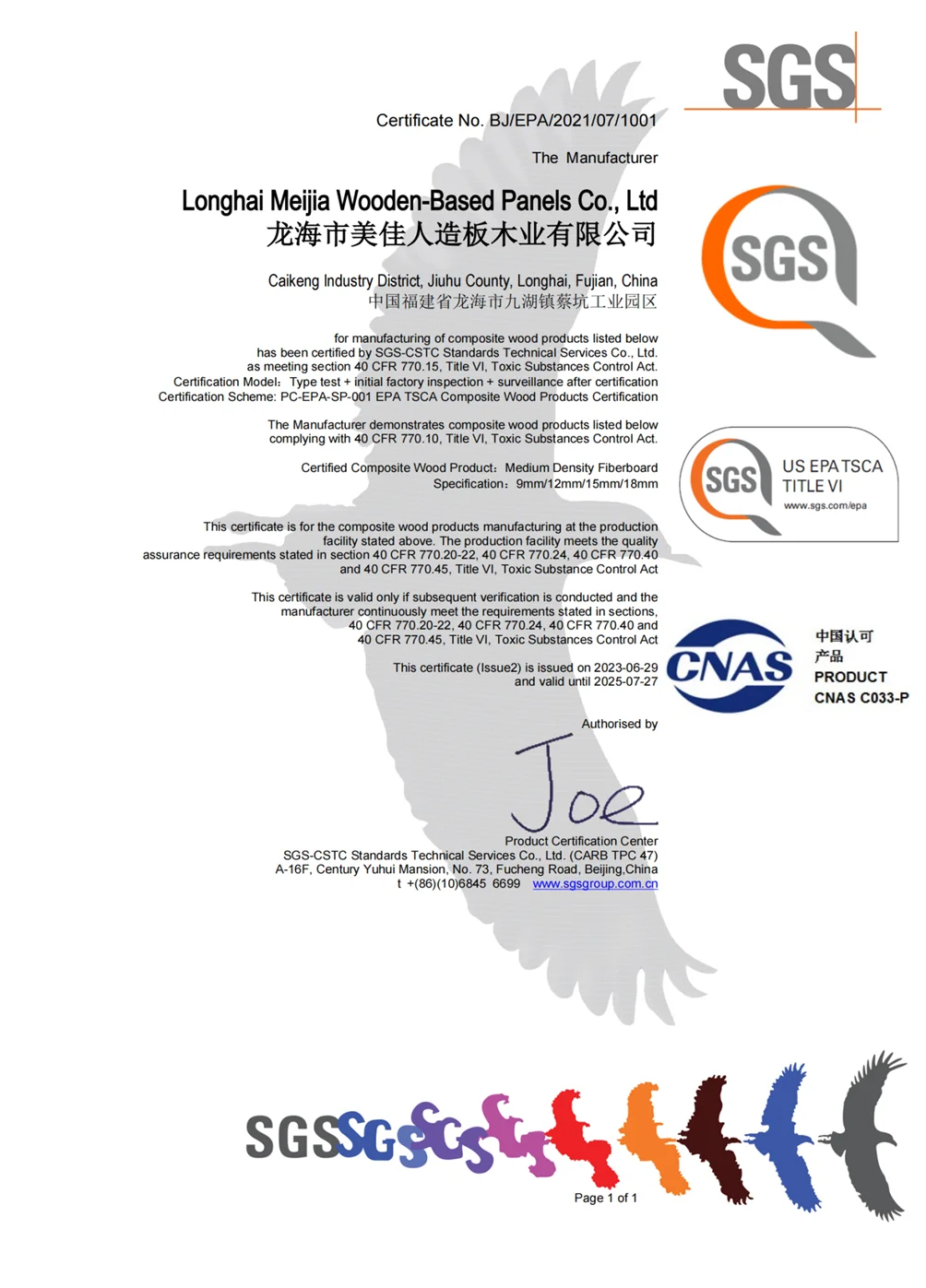

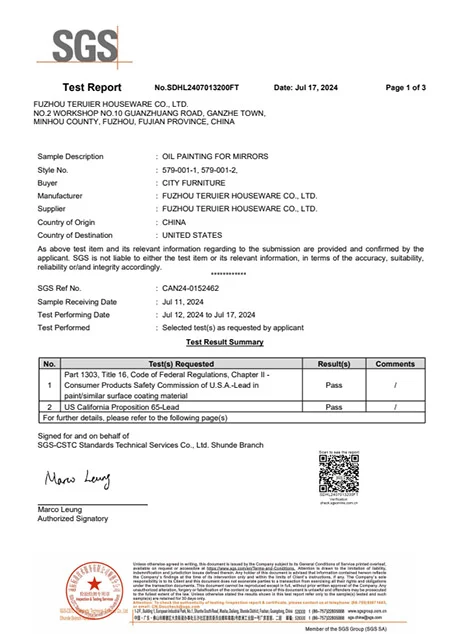
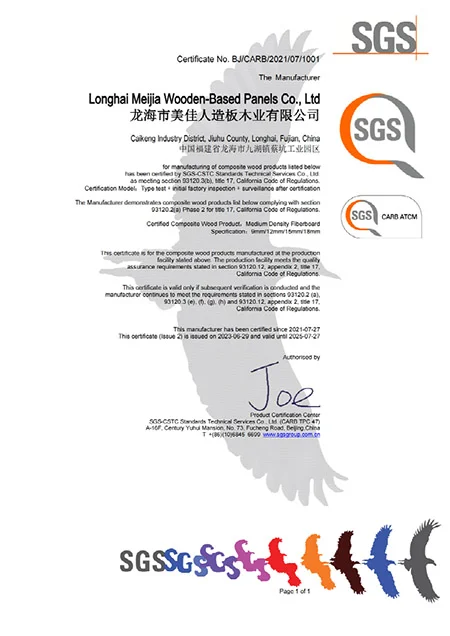
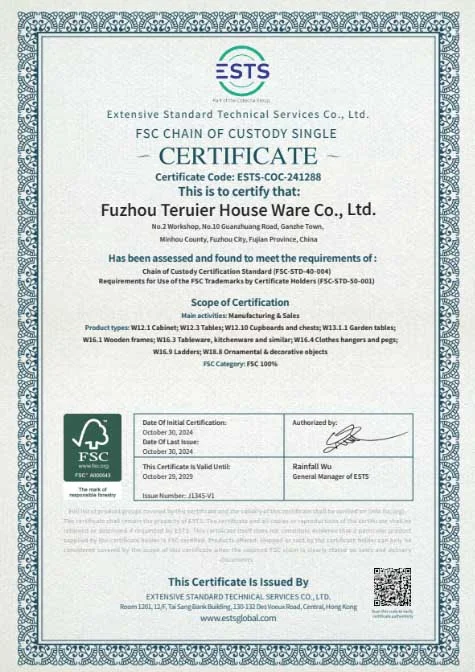
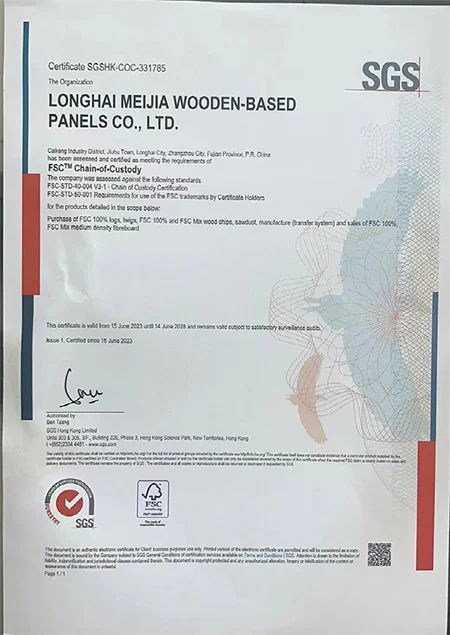
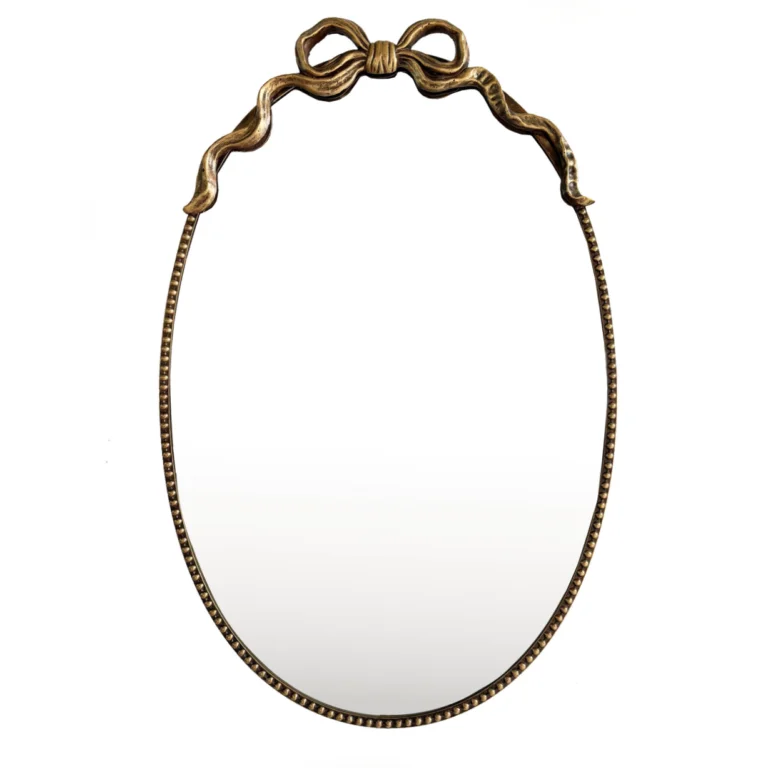
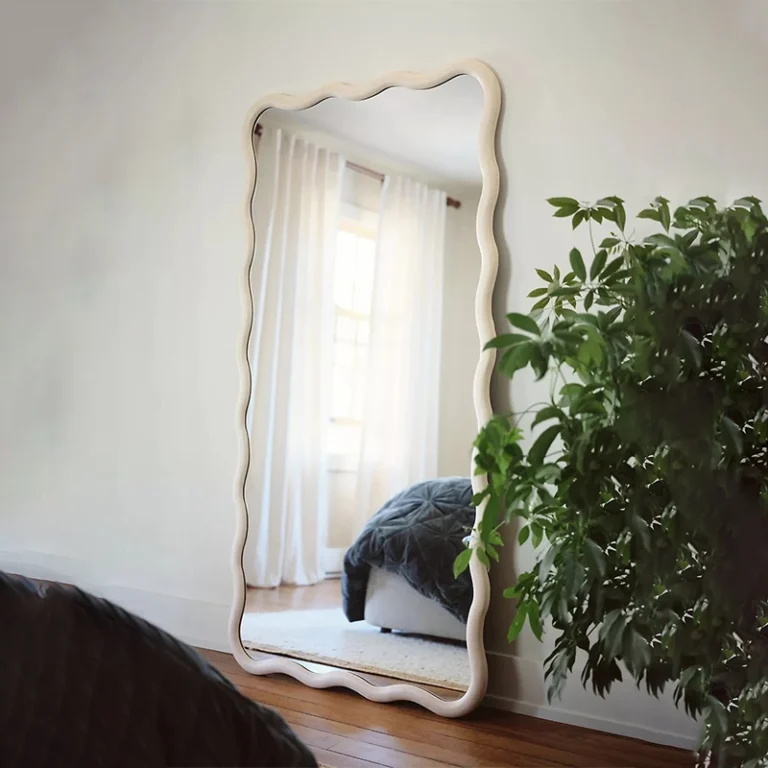
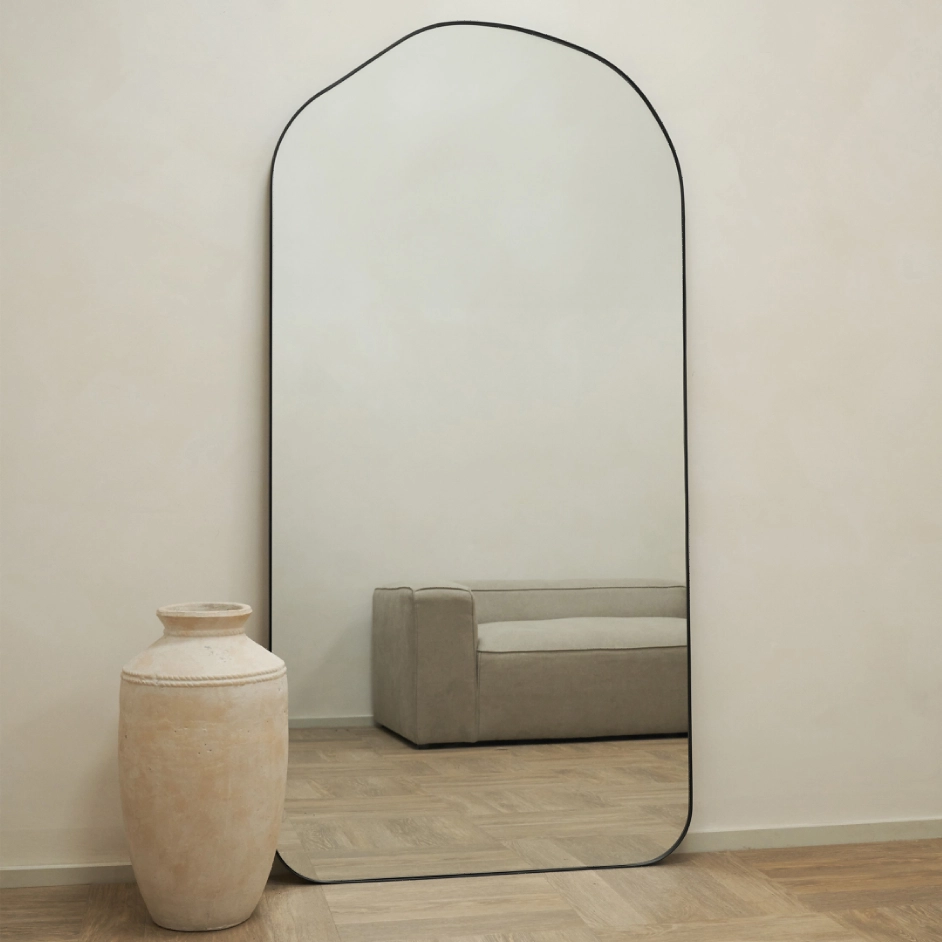
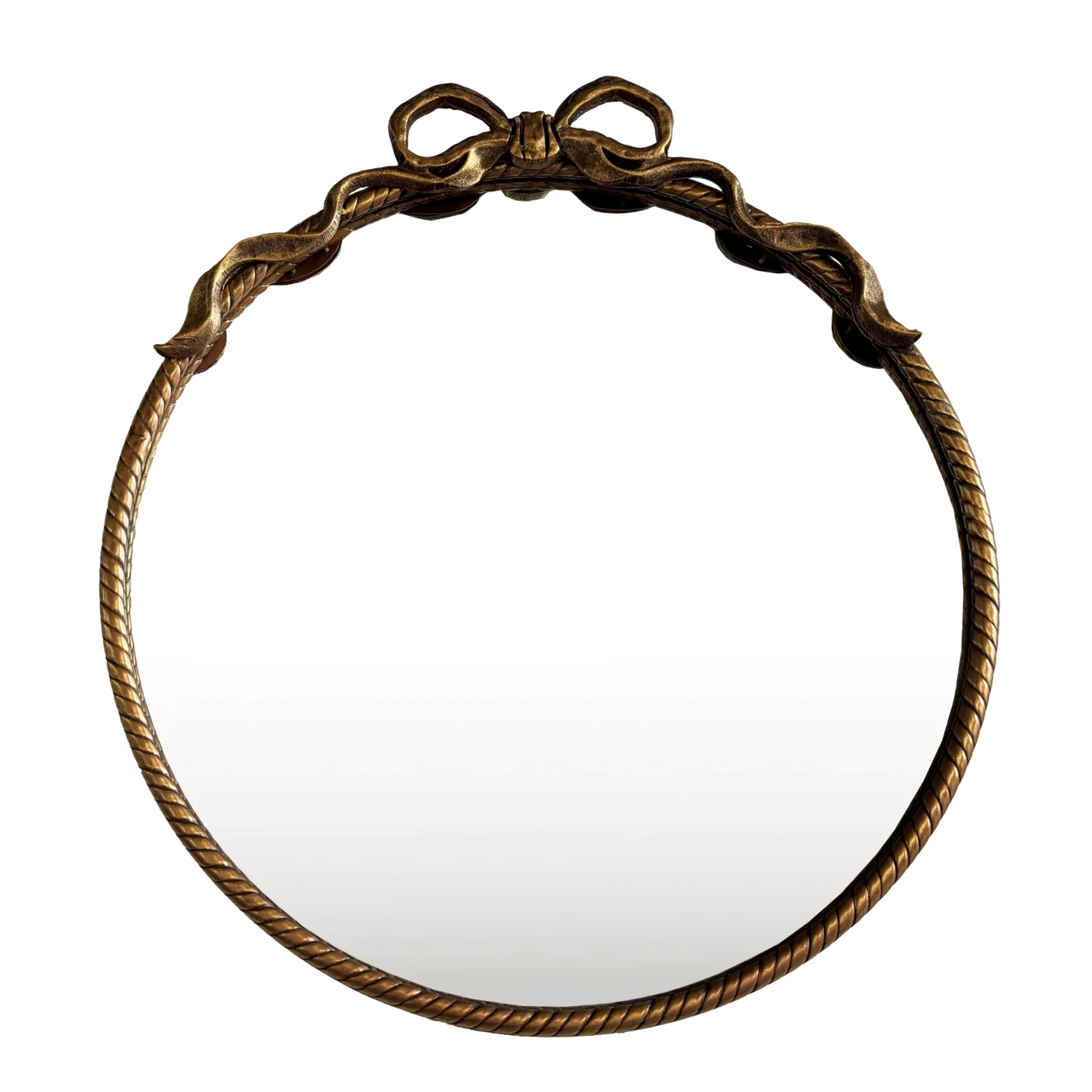

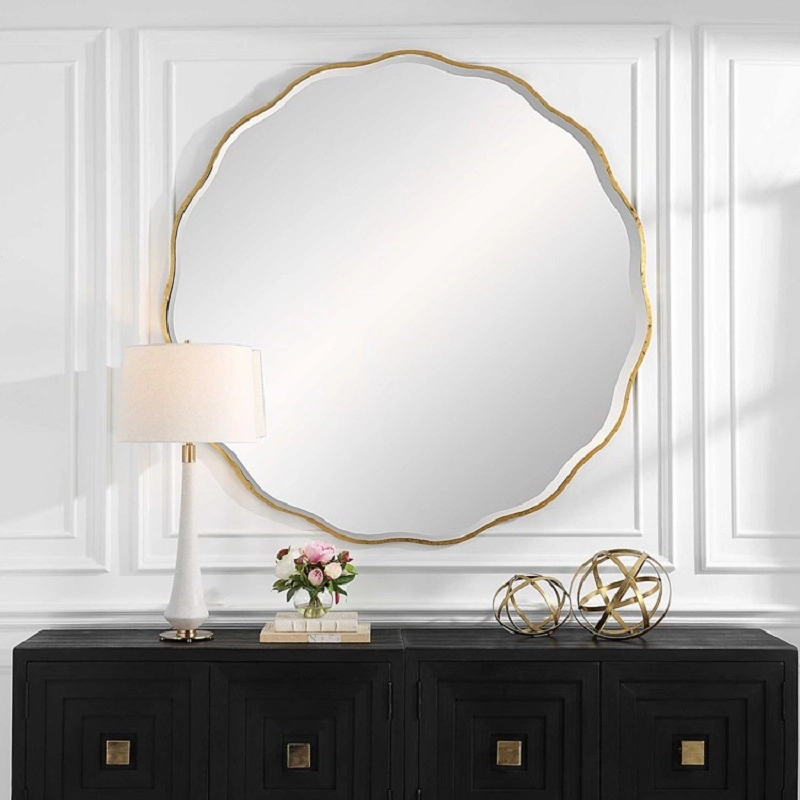
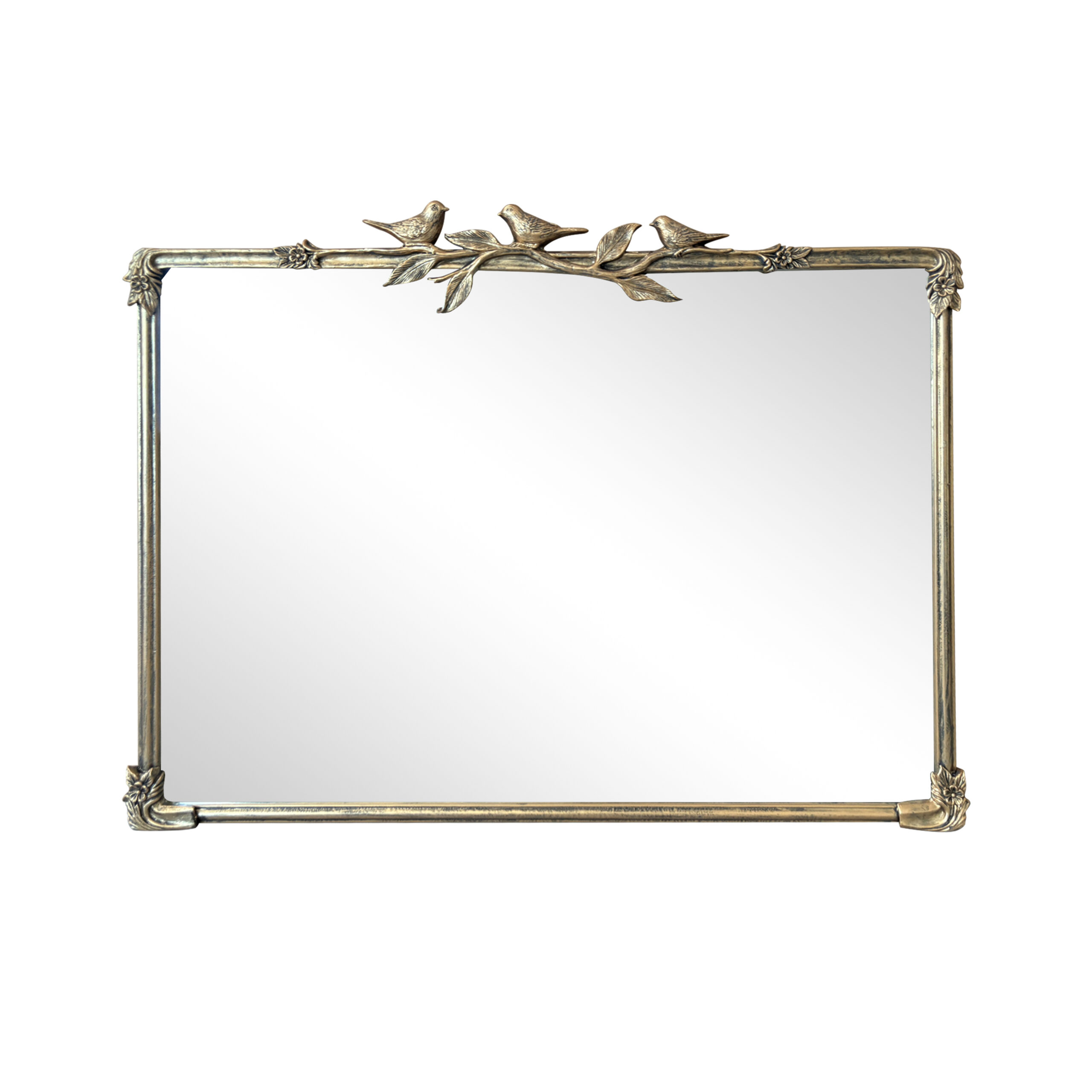
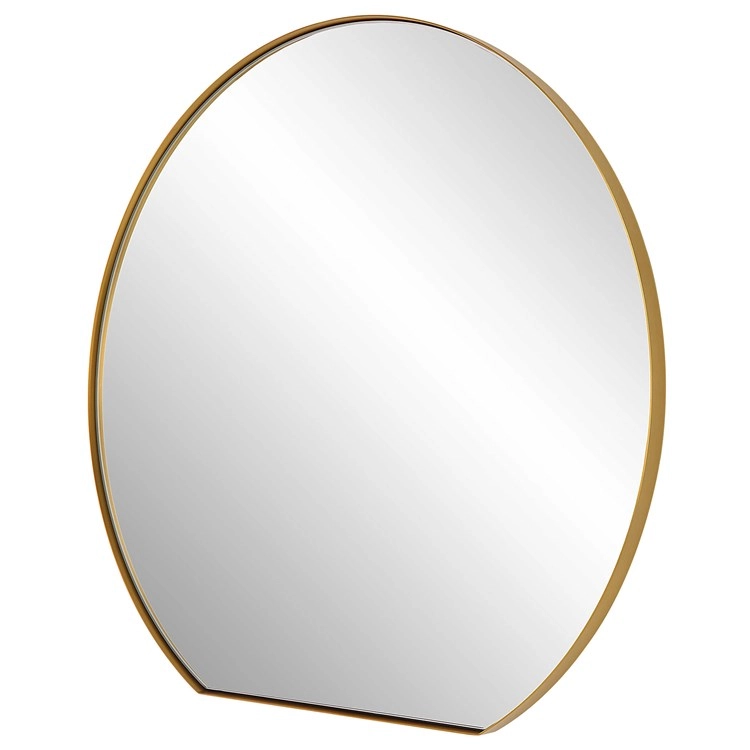
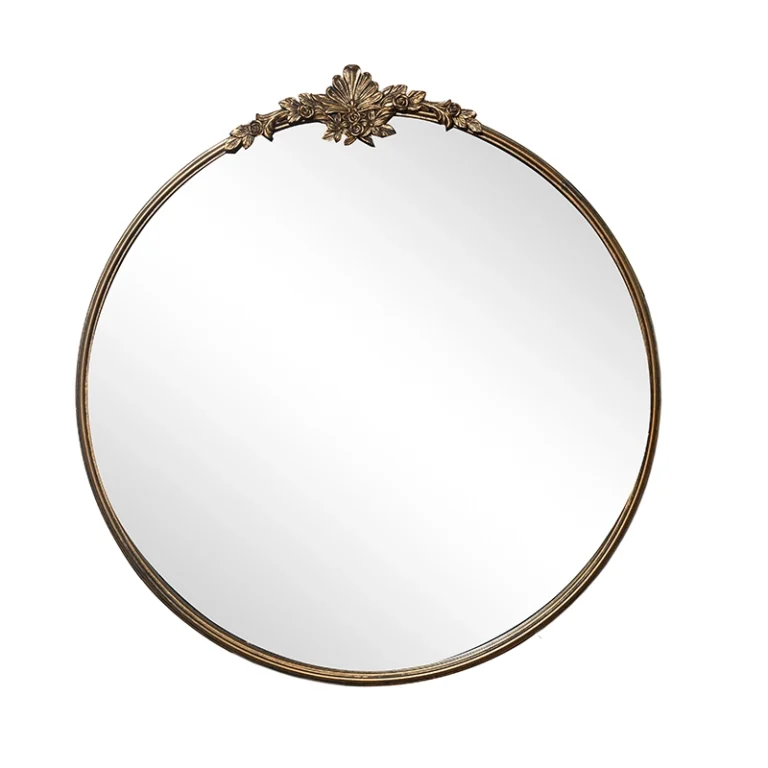
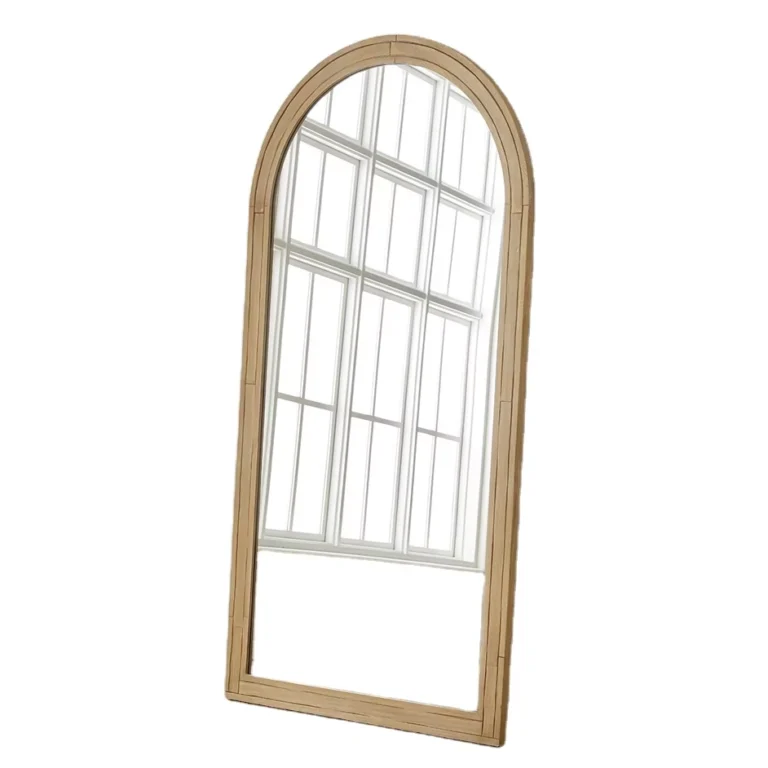
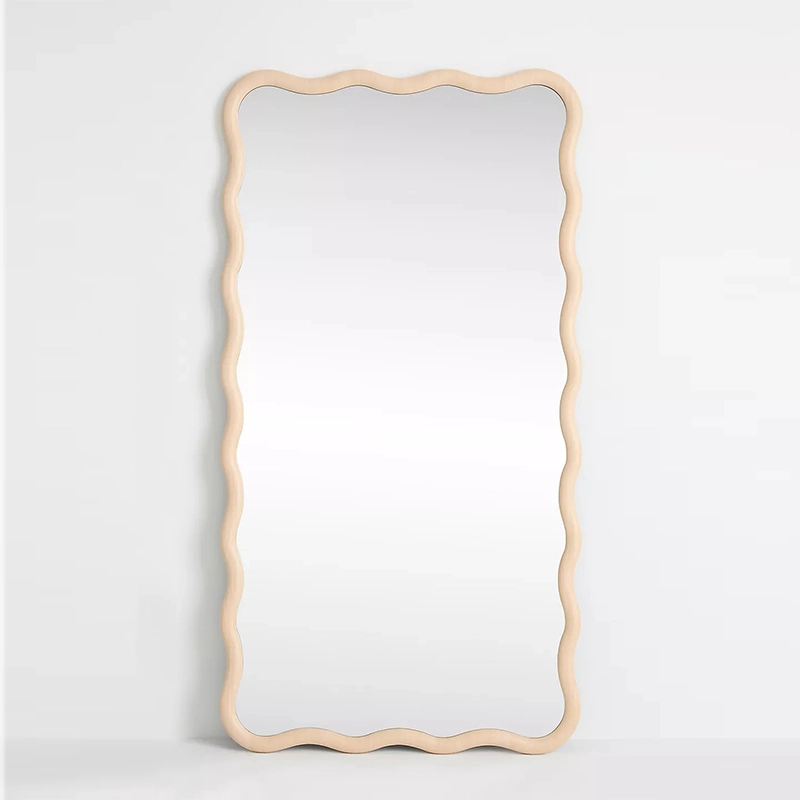
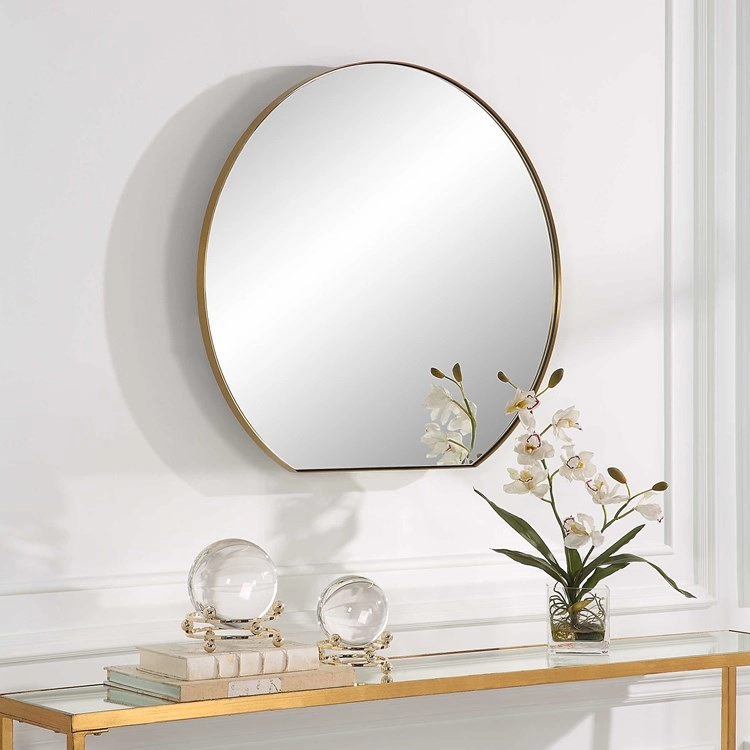
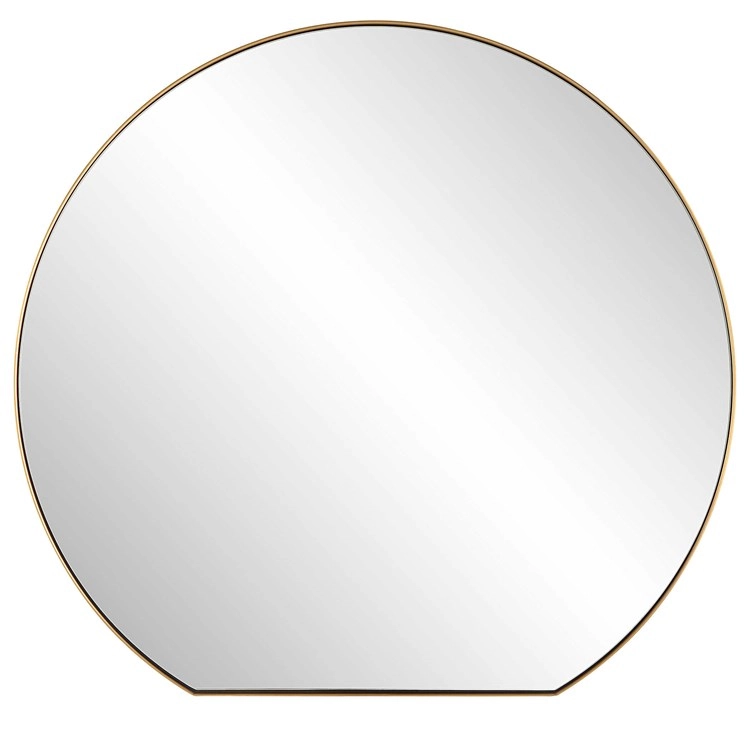
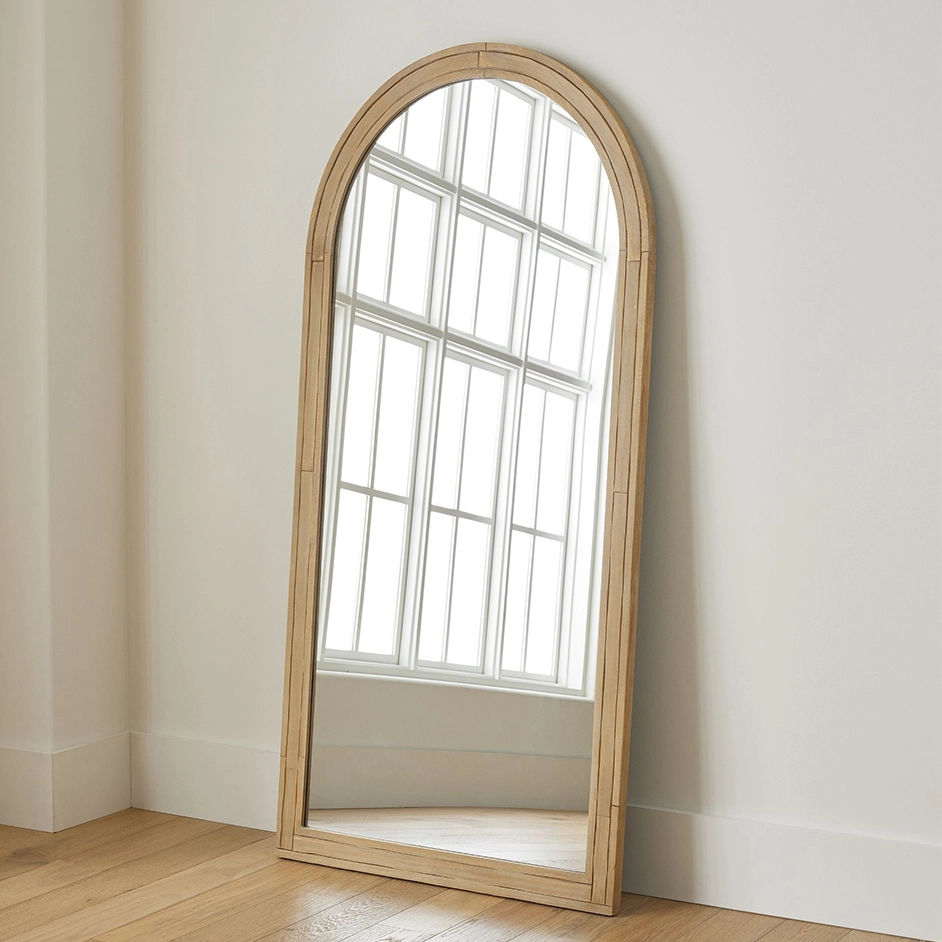
-scaled.jpg)
